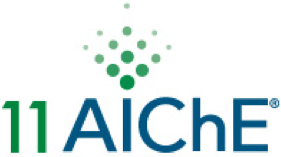

Catalytic conversion of bio-oil vapor has attracted considerable interest as a promising pathway for upgrading. In this work, the reaction of anisole and guaiacol, phenolic model compounds commonly existing in bio-oils, were studied over an acidic silica-alumina catalyst and at varying space times (W/F) and time-on-streams. The reactions were carried out in gaseous phase fixed bed reactor under hydrogen at atmospheric pressure and 300 oC. It is found that transalkylation is the predominating pathway, while insignificant deoxygenation activity was detected under the investigated reaction conditions. Deactivation of the catalysts is rapid and more severe in the case of guaiacol feed. As a result, conversion of anisole is generally higher as compared to that of guaiacol. It is suggested that the strong adsorption of the phenolic compounds is responsible for the catalyst deactivation. In this contribution, Density Functional Theory (DFT) calculation was performed to simulate the adsorption of the phenolic compounds on acid sites. Based on this present calculation, it exhibited the adsorption energy of guaiacol is significantly higher than that of anisole. This trend is consistent well with the experimental observation.
